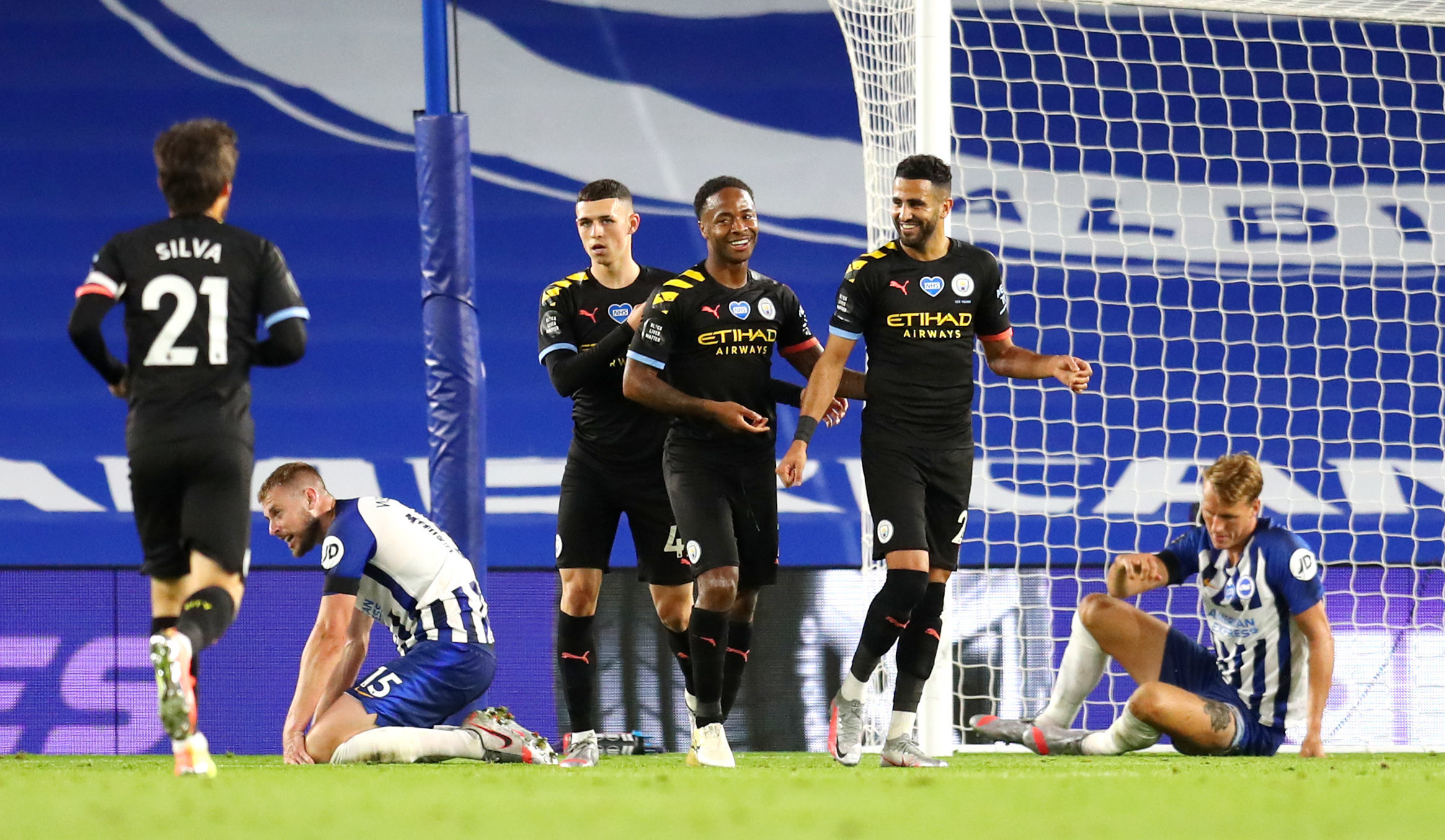I remember watching international friendlies growing up and after about 45 minutes of genuine intrigue at how any potential debutants had done, the interest waned off.
The raft of substitutions that came in the second half diluted any enthusiasm for the game to a weak, watery cordial of indifference.
A three-cap midfielder from some middle-of-the-road club would come on for 20 minutes at the end, show a few glimpses of promise that would have people thinking “he could be decent”, before inevitably fading into the distance.
When Fifa rolled back the number of substitutions allowed in friendlies to six in 2004, it made slightly more sense. Does an international manager really learn anything from bringing a third-choice goalkeeper on for a minute at the end of a 4-0 stroll against Bulgaria?
For years in domestic football, three substitutes has been sacrosanct. An early one for an injury, a misfiring player hauled off at half-time in an embarrassing mauling or even, for those managerial rogues, throwing all three on at once in the bid to change the game. To paraphrase Gandalf in Lord of the Rings, when did they abandon reason for madness?
With football returning in the Covid-19 era, Fifa and its rules committee IFAB agreed to increase the number of substitutions to five. Its reasoning was to minimise the injury risk on the back of such a lengthy lay-off and reduced training time for elite level players.
IFAB is set to agree to extend this throughout the 2020-21 season, meaning Scottish clubs will now get to take advantage of the rule. Detractors of it in England have said it favours the elite clubs with deeper, more expensively-assembled squads, an argument that is easy to see credence in.
Norwich are not going to feel too in favour of Man City rolling out their fourth and fifth substitutions should they be needed.
It would hold weight in Scotland too. If you are Ross County for example and are holding on to a very creditable result against Celtic, then they bring in on two new additions late in the game, would you be happy? Bearing in mind the relative budgets of the two sides and the current environment we are in reduces finances available for recruitment.
Of course it is not a stipulation that you have to use all five substitutes. Sean Dyche, that ever-forthright railer against the dying of the light, used seven substitutions in Burnley’s first five games after the restart. He has been beset by injuries and contractual issues, which have forced his hand with player availability, thus scoring one in the column for the detractors’ argument.
Ole Gunnar Solskjaer went the opposite way against Sheffield United, making all five substitutions at once on 80 minutes. Juan Mata, Andreas Pereira, Scott McTominay, Daniel James and Odion Ighalo are sure to be part of a “name three of the five…” pub quiz question some day.
The raison d’etre for this rule is to help reduce the risk of injury. Surely with teams having a pre-season behind them for next season, its number is up.


